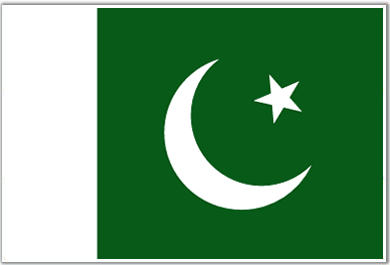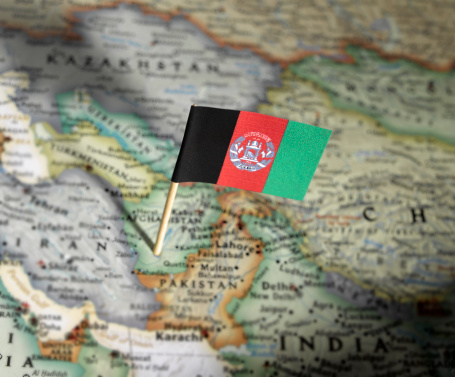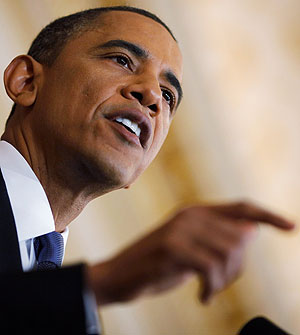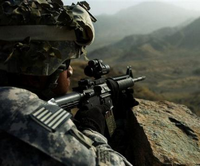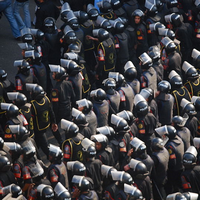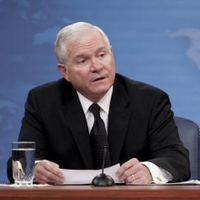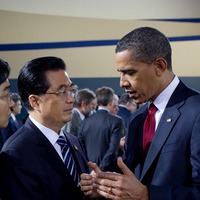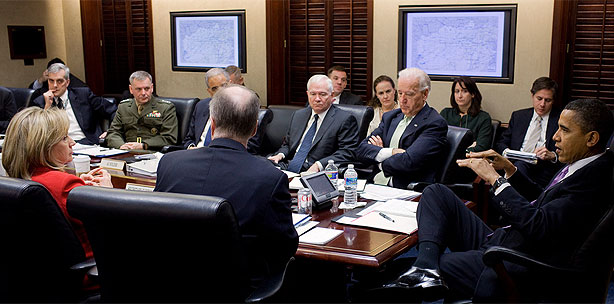
Tour d'horizon piece by always solid Michael Slackman that editors at NYT need to hook with title, and so they decided that Saudis are losing and Iranians are winning.
I find that teaser a bit much and awfully premature. Simplistic and deceiving are other words.
These are not Islamic revolutions. The protestors are not saying, "What's wrong is the lack of Islam!" Nor are they saying, "Stick it to the West!"
What they are saying is that they want a future, with jobs and opportunity. Again, this is an expectations revolution: these young have gotten just enough education and just enough connectivity with the outside world to know they're screwed, that the oligarchic capitalism they're being offered is totally slanted against them, and that these situations will not improve with time--meaning no jobs and no dowries and no wives and no families for them.
What is there in the Iranian model that says they know how to raise a middle class and keep it happy? Nothing. Their middle class is miserable. We're talking a stunning brain drain (worst in world, according to international organizations) and an even more stunning birth dearth, meaning people are so profoundly unhappy in Iran that they're refusing to have babies--the ultimate vote. Iran's economy is magnificently controlled--mafia-style--by the Revolutionary Guard, oligarchic capitalism at its best.
Granted, compared to "revolutionary" Iran, the Saudis seem equally trapped in some nutty past (and an equally oligarchic, mafia-run economy), but at least there you're talking some serious money to be thrown at the problem and at the region, something Iran doesn't have to anywhere near the same degree.
But, in the end, both peddle loser ideologies that do not attract investment or business or jobs. They are both all about holding off the future and, in Iran's case, settling past scores. Yes, to the degree they open up, they and others like them may buy time with Chinese investment, but that's all they're buying--time. The same expectations revolution comes for their heads--eventually.
The one country that can be cast as default winner in the region is the government that knows how to raise a middle class and keep it happy--Erdogan's AKP in Turkey. There's a country with a future and its people know it.
Once all the dust settles, the winners will be countries and extra-regional powers who make the economic connectivity happen. In those loser situations where that does not happen, radical ideologies will hold sway, but what else is new? The Saudis and Iranian can fight over those bones, but how that constitutes winning is beyond me. Winning is picking up strong allies, not more mouths to feed.
Globalization, meanwhile, marches on.
 Monday, October 10, 2011 at 9:03AM
Monday, October 10, 2011 at 9:03AM "Resource wars" enthusiasts worldwide have a new -- and unexpected -- poster child:"zero problems with neighbors" Turkey. The Turkish government of Prime Minister Recep Tayyip Erdogan is beside itself over Israel's recent moves to cooperate with Cyprus on surveying its Eastern Mediterranean seabed for possible natural gas deposits thought to be lying adjacent to the reserves discovered last year off the coast of Haifa.

 China,
China,  India,
India,  Iran,
Iran,  Israel,
Israel,  Middle East,
Middle East,  Russia,
Russia,  Turkey,
Turkey,  extractive industries | in
extractive industries | in  WPR Column |
WPR Column |  Email Article |
Email Article |  Permalink |
Permalink |  Print Article
Print Article 













